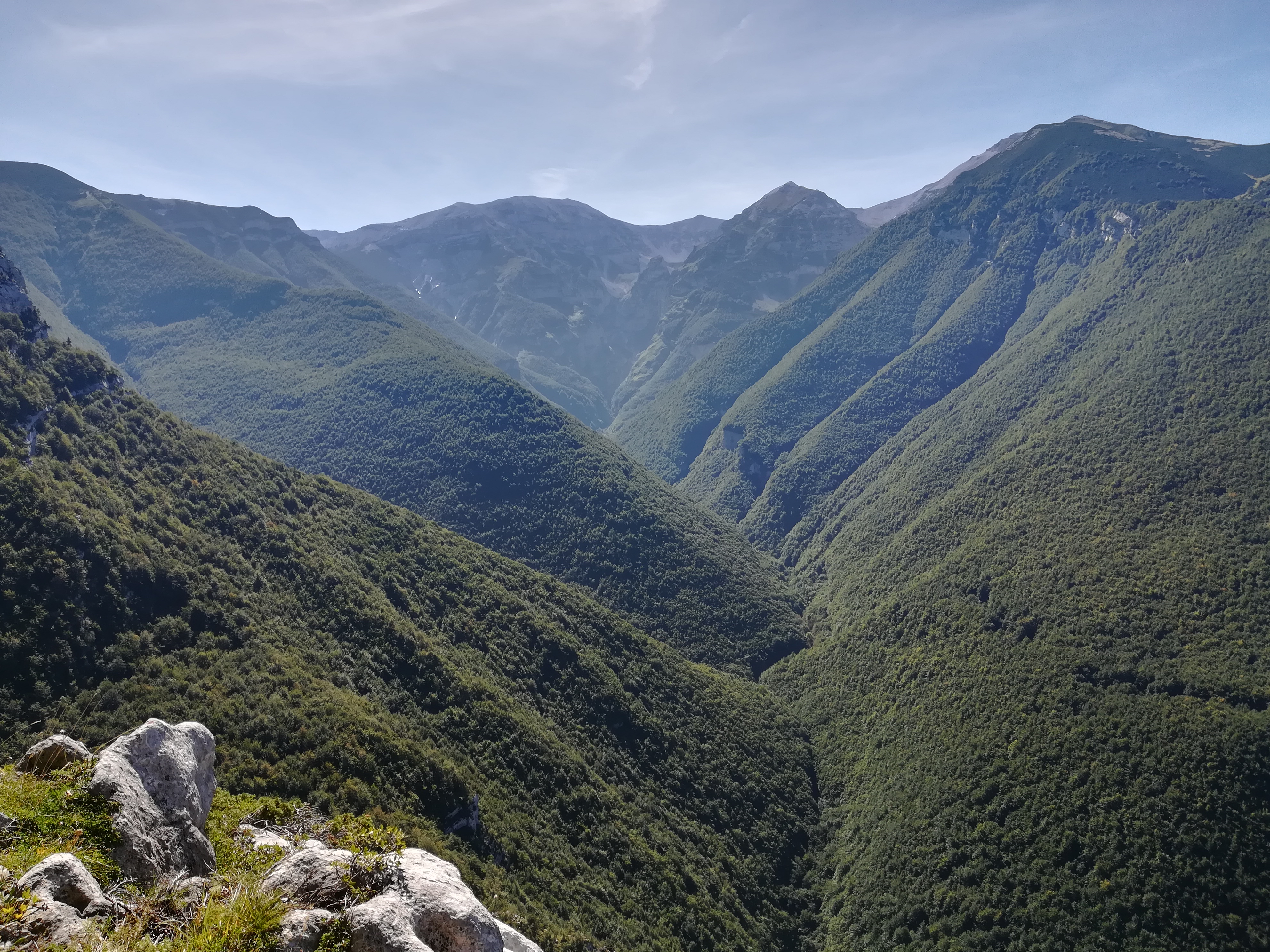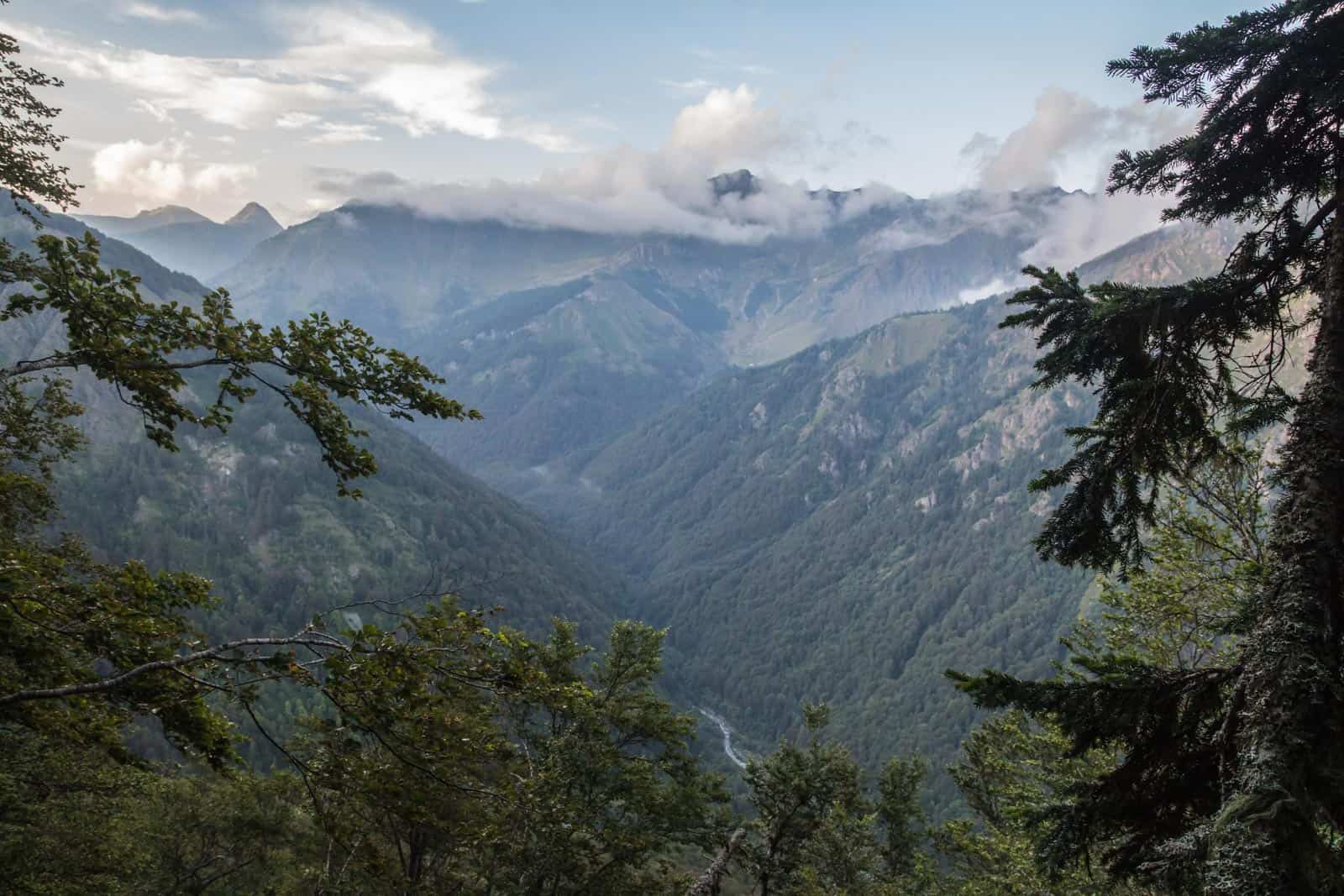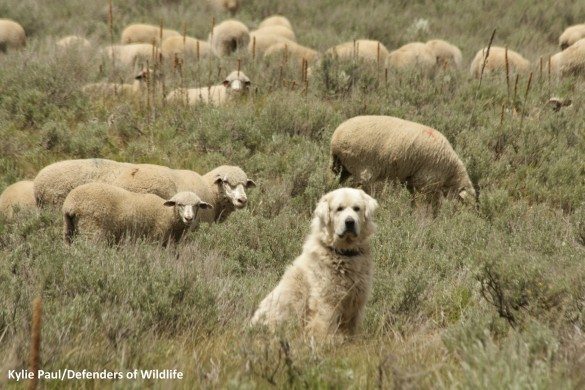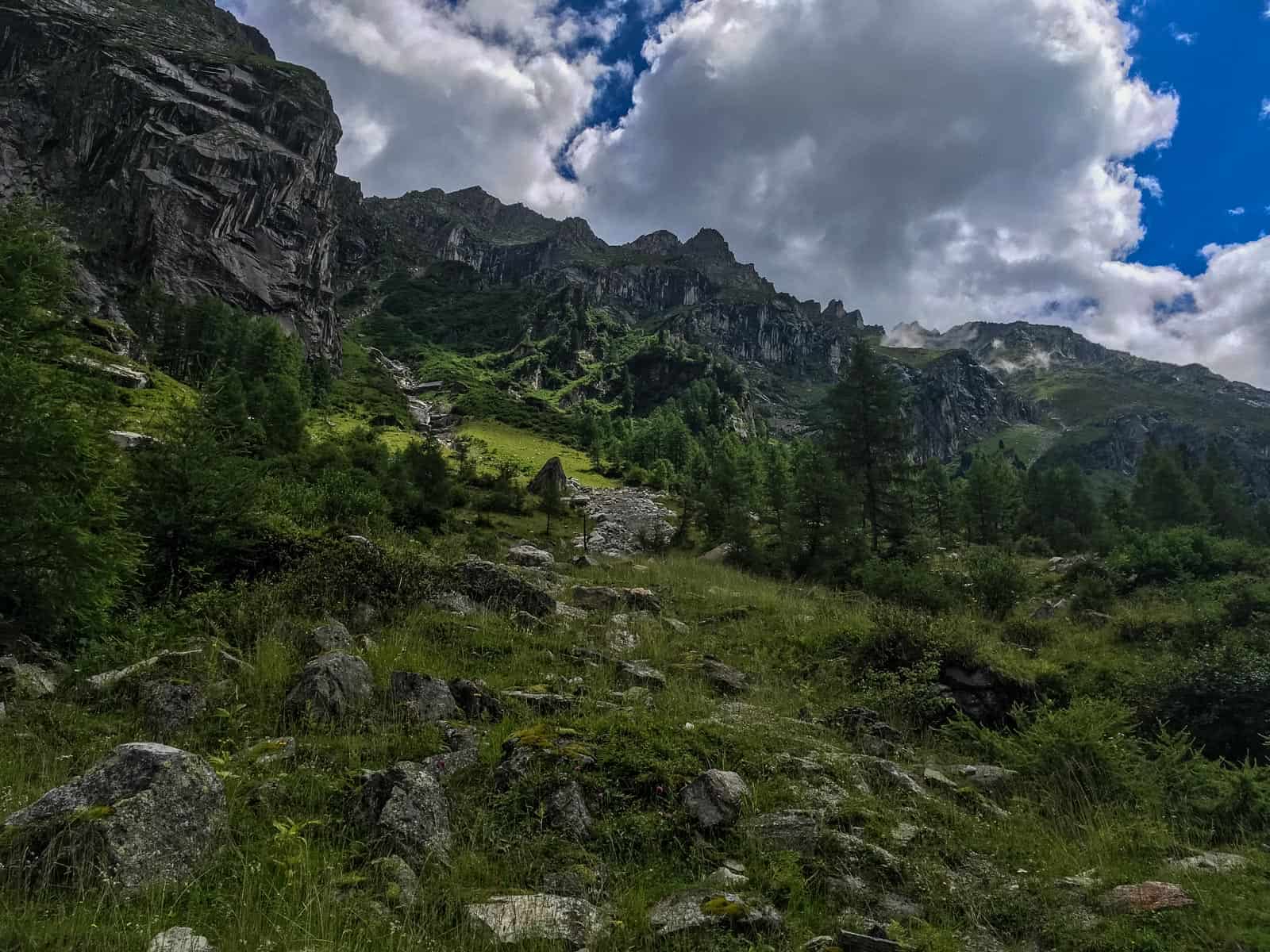Why do people love wilderness?
Once we experience the wilderness, many of us fall in love with it. Where does this love and admiration come from? At first glance, it seems that the love to wilderness has its roots since the time of the initial connection of man with nature. But is it really so?
How did we come to love the wilderness?
The land where our early ancestors lived was a true wilderness. Land without any trail, path, road. Without any settlements. Just a vast landscape covered with ancient forests, wetlands, large rivers and endless streams and bogs. The land where to find dry caves, food and water for the first people was not so easy.
As wilderness has gradually disappeared due to human activities, it has become increasingly valued. Man-made landscape with grassy slopes, arable land, scattered villages and cities provided many advantages, but it missed something deeply rooted in the human mind from earlier times. People gradually rediscovered the wilderness. They began to appreciate it more and more until they realized that they loved it and did not want to lose it.

Consequences of our love to wilderness
Only with increasing deforestation and urbanization we realized the rarity of wild, untouched places. The engine of this process was not only ecological value of the wilderness, but also its intrinsic beauty, biodiversity, and the feeling of connection with something untouched, with our history. The wilderness has become a reminder of what once dominated all around.
This finding has prompted us to value it more and more and protect the remaining wilderness for its ecological value and our own responsibility to protect it for current and future generations of people. Because of this process, more and more people are now seeking out the wilderness, traveling long distances to see, explore and experience it. All these activities show that people love wilderness.
When people began to differentiate between nature and wilderness?
A consequence of people liking the wilderness is that they begin to understand the differences between nature and wilderness. Personal experience is very important to gain this understanding. Hiking, exploring or even sleeping in the wilderness.
Many of us are familiar with nature in the backyard, commercially used forest, meadows and ponds. The agricultural land today provides a home for many interesting plants and animals. An eye-opening experience, however, is a planned or accidental visit to the wilderness. After such an experience, it becomes clear to many of us that the wilderness is an untamed, a vast where spontaneous natural processes rules. It is a country where we do not have everything under control and natural processes such as birth, growth, dying happen spontaneously, outside of our control.
We love wilderness due to inspiration
Understanding to the differentiation between nature and wilderness is part of our love to wilderness. Wilderness illustrates our interest to understand spontaneous natural processes, they importance and also unexpected consequences.
When visiting the wilderness, we are suddenly exposed to raw beauty. We can explore a pristine landscape without ongoing human alteration. We have a chance to appreciate the unique qualities that make wilderness a special and often wonderful part of the natural world. These qualities are why people love the wilderness.

We love the wilderness for mental well-being
Wilderness is an environment that supports our mental well-being. The allure of the wilderness in the modern age lies in its untamed landscape, diverse ecosystems, and the escape it provides from the man-made constructs of contemporary existence. It is an environment that allows individuals to reconnect with a deeper and more authentic aspect of themselves.
Conclusion
Evolutionary history connects us to the land type that nourished our very early ancestors, and that was wilderness. In addition to survival, modern society’s desire for wilderness also means a desire for peace, wonder, and complexity.









